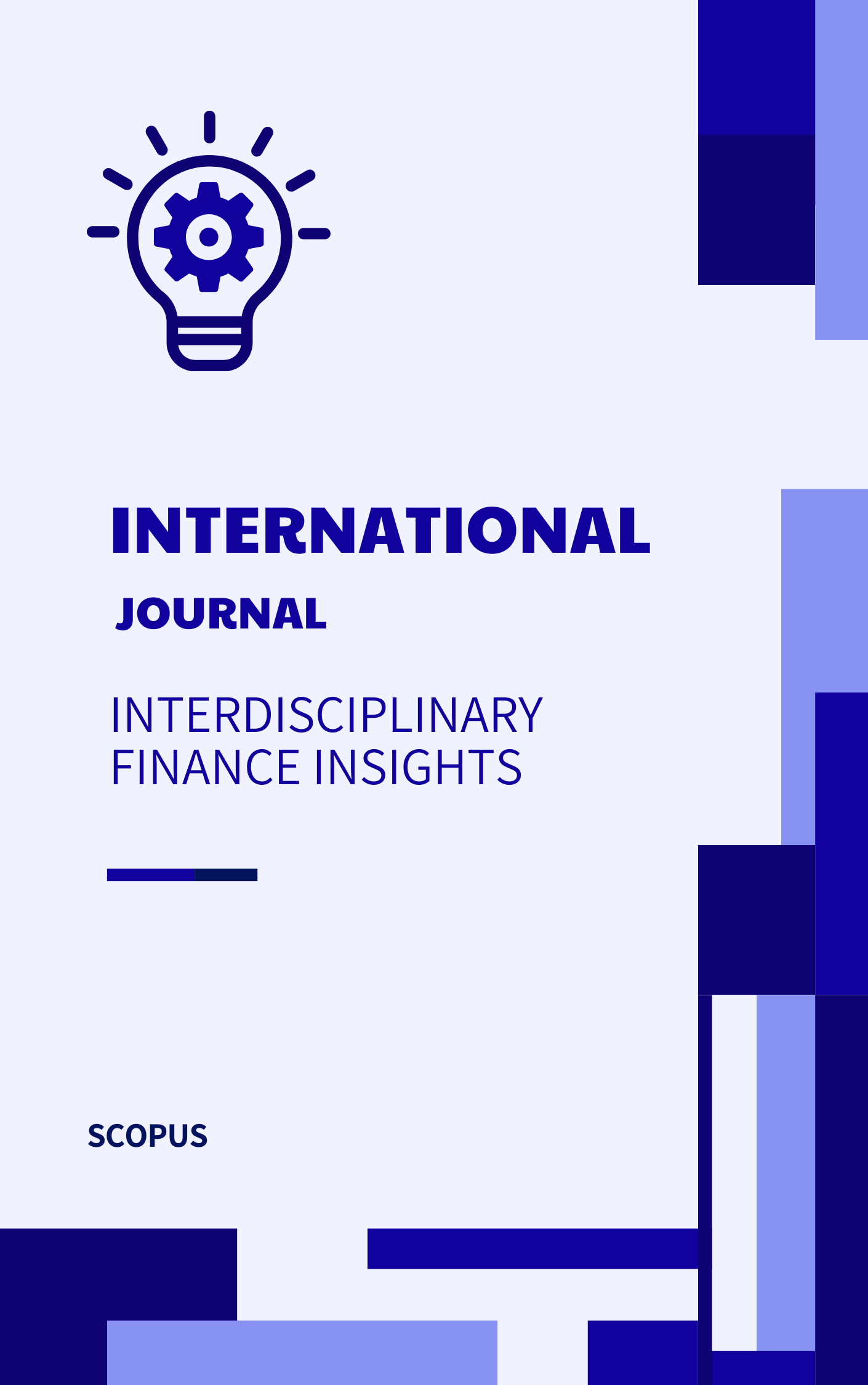The Critical Role of Accurate Balance Carry Forward in Preventing Financial Irregularities
Abstract
This paper explores the critical importance of accurate balance carry forward processes in accounting and finance, with a focus on preventing financial mismanagement and fraud. By analyzing historical financial scandals, including the Enron collapse and the WorldCom fraud, which collectively resulted in losses exceeding $100 billion, we highlight the catastrophic consequences of inaccurate or neglected balance carry forward practices. The study delves into how improper accounting methods, failure in financial oversight, and a lack of transparency contributed to these crises, emphasizing the necessity for meticulous and systematic balance carry forward procedures to maintain financial integrity. Through this examination, the paper underscores the role of proper accounting practices in safeguarding organizations from financial disaster and restoring stakeholder trust.
References
American Institute of Certified Public Accountants. (2016). Accounting trends and techniques: U.S. GAAP. New York, NY: AICPA.
Bazerman, M. H., Loewenstein, G., & Moore, D. A. (2002). Why good accountants do bad audits. Harvard Business Review, 80(11), 97–102.
Beasley, M. S., Carcello, J. V., & Hermanson, D. R. (1999). Fraudulent financial reporting: 1987–1997. Accounting Horizons, 13(4), 365–383.
Bennett, B., Hatfield, R. C., & Stefaniak, C. M. (2015). The effect of the social mismatch between auditors and clients on the interpretation of audit evidence. Auditing: A Journal of Practice & Theory, 34(4), 51–67.
Carmichael, D. R. (2004). The PCAOB and the social responsibility of auditors. Accounting Horizons, 18(2), 127–133.
Davis, J. S., & Pesch, H. L. (2013). Fraud dynamics and controls in organizations. Accounting, Organizations and Society, 38(6), 469–483.
Dechow, P. M., & Skinner, D. J. (2000). Earnings management: Reconciling the views of accounting academics, practitioners, and regulators. Accounting Horizons, 14(2), 235–250.
Enron Corporation. (2002). Lessons from the Enron scandal. Journal of Accountancy, 194(4), 35–42.
Graham, J. R., Harvey, C. R., & Rajgopal, S. (2005). The economic implications of corporate financial reporting. Journal of Accounting and Economics, 40(1–3), 3–73.
Healy, P. M., & Wahlen, J. M. (1999). A review of the earnings management literature and its implications for standard setting. Accounting Horizons, 13(4), 365–383.
International Accounting Standards Board. (2018). Conceptual framework for financial reporting. London, UK: IASB.
Kaplan, S. E., & Schultz, J. J. (2007). Intentions to report questionable acts: An examination of the influence of anonymous reporting channel, internal audit quality, and setting. Journal of Business Ethics, 71(2), 109–124.
Lev, B. (2018). The deteriorating usefulness of financial report information and how to reverse it. Accounting and Business Research, 48(5), 465–493.
Mulligan, D. (2020). The role of technology in modernizing financial audits. CPA Journal, 90(7), 14–17.
Mulford, C. W., & Comiskey, E. E. (2002). The financial numbers game: Detecting creative accounting practices. Hoboken, NJ: John Wiley & Sons.
Public Company Accounting Oversight Board. (2019). Audit quality indicators: A framework for evaluating audit practices. Washington, DC: PCAOB.
Rittenberg, L. E., Johnstone, K. M., & Gramling, A. A. (2012). Auditing: A business risk approach (8th ed.). Mason, OH: South-Western.
Rosner, R. L. (2003). Earnings manipulation in failing firms. Contemporary Accounting Research, 20(2), 361–408.
Satyam Computer Services. (2009). Understanding the Satyam scandal: Lessons for corporate governance. Indian Journal of Corporate Governance, 2(1), 12–25.
Zhang, Y., Zhou, J., & Zhou, N. (2007). Audit committee quality, auditor independence, and internal control weaknesses. Journal of Accounting and Public Policy, 26(3), 300–327.




